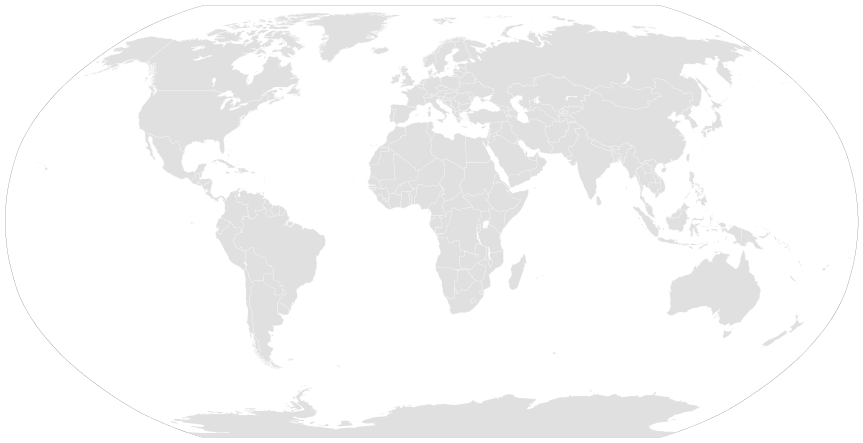Call for Applications: 2016-2017 Interdisciplinary Research Week


 Research Week_CFA_2016-2017.pdf
Research Week_CFA_2016-2017.pdf
Call for Applications:
2016-2017 Interdisciplinary Research Week
Deadline: November 15, 2016
The USC Shoah Foundation Center for Advanced Genocide Research invites proposals for its 2016- 2017 Interdisciplinary Research Week that will provide support for an interdisciplinary group of international scholars to develop and discuss a collaborative innovative research project in the field of Holocaust and Genocide Studies using the video testimonies of the USC Shoah Foundation Visual History Archive (VHA) and other related resources at the University of Southern California, Los Angeles.
Each year, the Center hosts an interdisciplinary team of scholars from different universities and countries for one week so that they can meet in person and work together intensively to address a particular challenge within the field of genocide studies and start creating or keep advancing a cooperative research project. The week spent at the Center allows researchers to prepare the groundwork for future cooperative research grant applications.
The Center for Advanced Genocide Research will cover travel costs and accommodation for a team of five or six scholars for up to seven days and will provide them with expert staff assistance for their research as well as a dedicated workspace at the USC Shoah Foundation during the stay. The Interdisciplinary Research Week is open to all disciplinary and methodological approaches and will be awarded on a competitive basis to the most innovative and interesting team project. Award decisions will be based on the nature and extent of innovation in the methodological approach and the centrality of the Visual History Archive interviews to the proposed research project, as well as on the interdisciplinarity and diverse origin of the potential participants.
The USC Shoah Foundation Visual History Archive holds over 53,000 video testimonies of survivors and other eyewitnesses of the Holocaust, the Rwandan, Guatemalan and Armenian genocides, and the Nanjing Massacre in China. The interviews were conducted in 40 languages and in 63 countries. They encompass the experiences not only of survivors in these contexts, but also of witnesses, liberators, aid providers, and war crimes trials participants. These interviews are life histories, and as such their subject matter includes the history and culture of the countries of the interviewees’ birth and their lives before, during and after genocide.
Additional internationally unique and growing research resources at USC include a Holocaust and Genocide Studies Collection at Doheny Memorial Library with over 20,000 primary and secondary sources; and a Special Collection containing private papers of German and Austrian Jewish emigrants, including the writer Lion Feuchtwanger, from the Third Reich.
Founded in 2014, the Center for Advanced Genocide Research is the research and scholarship unit of the USC Shoah Foundation. The USC Shoah Foundation Center for Advanced Genocide Research is dedicated to advancing new areas of interdisciplinary research on the Holocaust and other genocides, focusing on the origins of genocide and how to intervene in the cycle that leads to mass violence. The Center organizes annual international workshops and conferences, hosts a speaker series on genocide and mass violence, and offers a competitive international research fellowship program. While the Center promotes research and scholarship on genocide in general, it focuses on the following three primary themes: Resistance to Genocide and Mass Violence; Violence, Emotion and Behavioral Change; and Digital Genocide Studies. For further information please consult: cagr.usc.edu.
To submit an application, please send a collaborative cover letter, CVs for each member of the proposed team, a collaborative research proposal (2-3 pages), and proposed dates for the visit by November 15, 2016 to cagr@usc.edu.